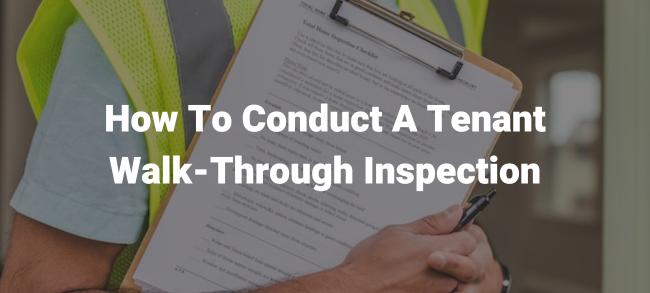Tax Season Tips for Landlords

Residential landlords are obligated by the Internal Revenue Service to be tax compliant, so any income from a rental property would need to be declared to the IRS. So understanding tax, like the many other terms in real estate, is important.
But the process of filing taxes can feel like overwhelming. This is especially true for first-time landlords, but even seasoned landlords may also find the process intimidating.
For this reason, hiring a professional may be in your best interest. Not only can an expert help you file your tax returns accurately, but they can also help you maximize any tax refunds you may be eligible for.
Which is why we at Advantage Realty has provided the answers to commonly asked questions regarding tax for landlords.

How does the IRS define rental income?
As a landlord, the IRS requires you to report all rental income you have received for that year on your tax return. The rental income includes more than just the monthly rent payments. The filing must also include late rent fee charges, and any lease cancellation charges.
How must a landlord report tax on rental income?
To report all your rental income, you’ll need to use the ‘Form 1040’. This is the tax form that you’ll need to fill out every year when doing your federal income taxes. Next, you’ll need to attach Schedule E: Supplemental Income and Loss.
On this form, you’ll be required to list the total sum of each property’s income, expenses and depreciation. The next form you’ll need is ‘Form 4562’. Here, you’ll need to correctly fill in the depreciation amount on the section “depreciation expense or depletion.”
Please note that a single Schedule E form will only allow you to report your rental income on a maximum of three properties. If you have more, you’ll need to do so on additional forms.
What records do you need when filing taxes?
To ensure that you provide the right information to the IRS, you must keep accurate records - which is a mistake some self-managing landlords make. Examples of such records include financial statements, rent checks, deductible expenses, and receipts.
Are there any COVID resources for landlords to take advantage of?
Yes! There are still several resources that landlords can take advantage of to minimize their tax obligations. One of these resources is Benefits.gov. This site provides helpful resources like editorials, webinars, forms, and relevant news sources.

What Tax Deductions Can I Make as A Landlord?
You don’t need to pay more taxes on your rental income than is necessary! There are a variety of deductions that the Internal Revenue Service allows landlords to claim and below are the most common:
Repairs
Damage to a rental property can be unavoidable. Fortunately, under the IRS Code, landlords may be able to deduct the cost of these repairs in the same year.
Not all kinds of repairs qualify, though. The Code requires that they be not only ordinary and necessary, but that the costs be of reasonable amount. Examples of repairs that would qualify include repairing gutters, replacing broken windows, and repainting faded walls.
Insurance
You can also deduct any insurance premiums you’ve purchased for your rental property. Examples of insurance policies you are allowed to deduct include flood insurance and landlord liability insurance.
Rental Property Depreciation
You may also be able to recoup some of your real estate investment costs through depreciation. The IRS Code allows landlords to deduct a portion of their investment costs over a number of years.
Travel Expenses
If you have to commute to perform a rental activity, you may be able to recoup back some of those costs. An example of how you can incur such an expense is when you have to drive to the local hardware station to purchase a repair part.
Personal Property
Did you provide tenants with your personal property like any appliances or furniture?
If you did, then any such personal property may be tax deductible. There is a limit, though, to the price of personal property that can qualify for tax deduction. The IRS caps it at $2,000.

Tips for Filing Taxes
As already mentioned, filing taxes isn’t exactly an easy process. So here are a couple of tips to help ensure the process is as easy as possible:
- Use the help of a tax management software. There are many software available to help landlords file their taxes.
- Hire either a qualified financial advisor or a competent property management company.
Bottom Line
Tax matters can be complicated! That’s why savvy landlords always seek professional help. Advantage Realty Services can help you file your taxes accurately and ensure you maximize on all qualifying deductions.








